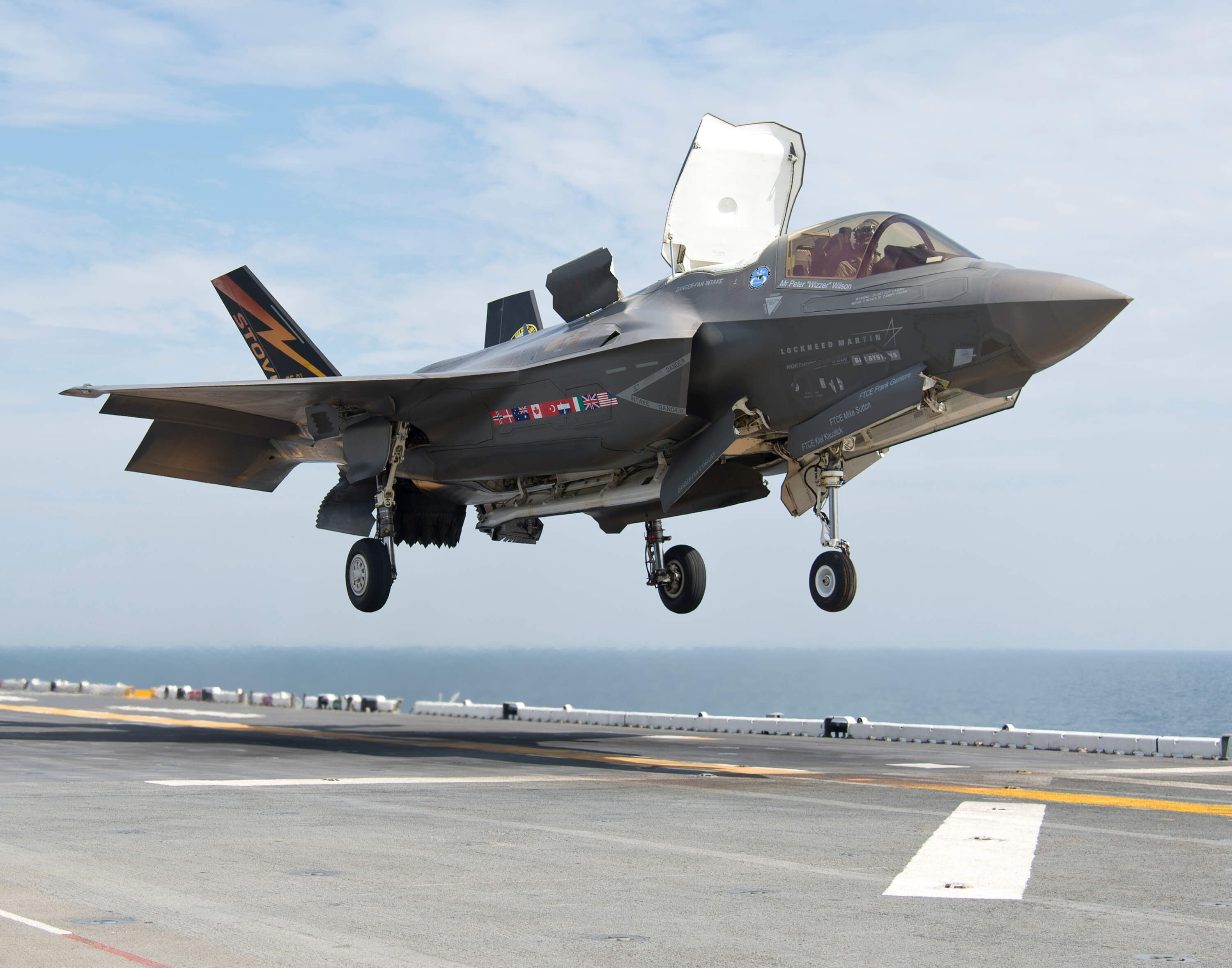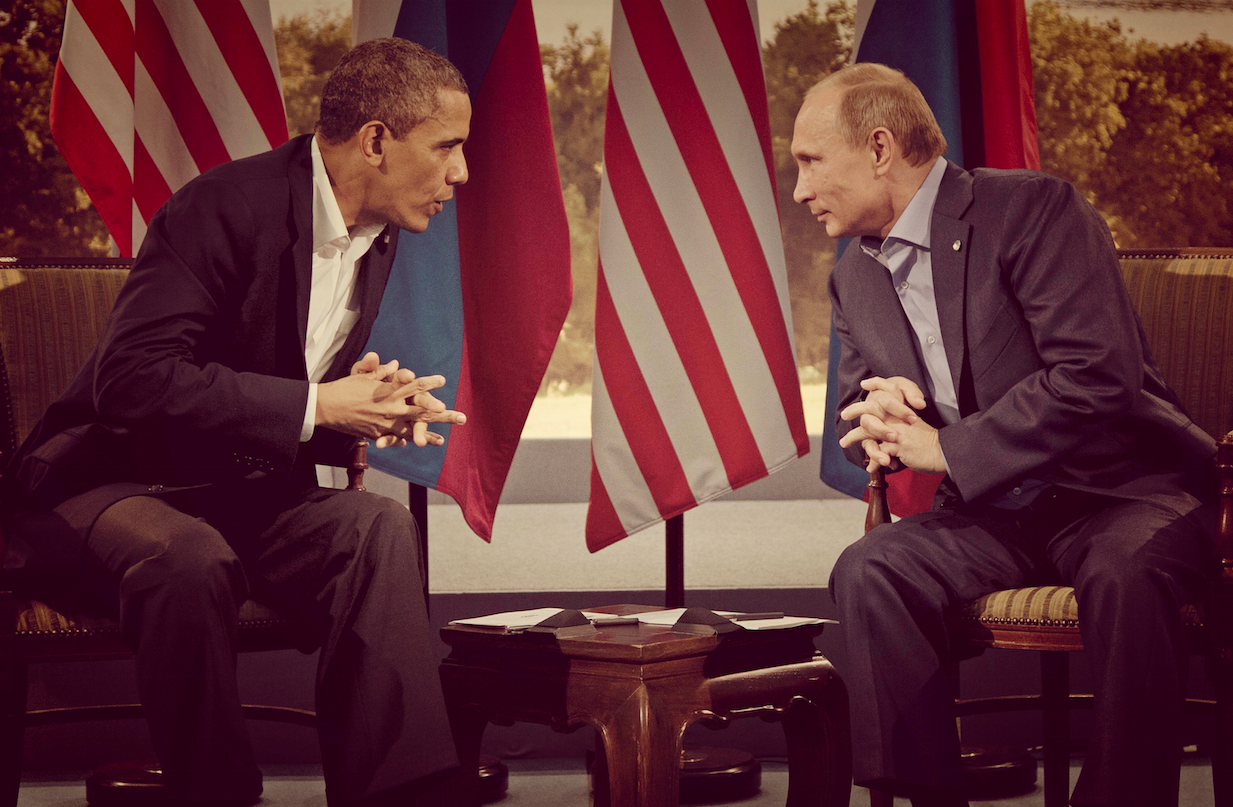Canadians are in the middle of a federal election campaign. In between speeches on how best to grow the economy an issue has emerged that has voters questioning what year it is. The leader of the Liberal Party of Canada, Justin Trudeau, recently said that he would scrap the plan to purchase 65 F-35s, if he became Prime Minister on October 19. The current Conservative government announced in July 2010 that it would purchase these fighter jets for $9 billion. In the 2011 federal election both the Liberal and New Democratic Party (NDP) promised to halt the procurement process. This issue has plagued Canadians for two federal elections now, but the decision to withdraw from the program now would be unwise.
Military Procurement in itself is a difficult process to comprehend. The purchasing of military equipment such as fighter jets falls under the authority of the Public Works and Government Service Canada (PWGSC). The Government of Canada has developed a Defence Procurement Strategy under the PWGSC. The aim of this framework is to guide and co-ordinate defence and major military procurements. The intricacies of military purchases are very dry to most voters, but these government projects should be examined more closely by the public. In 2014 the Canadian government spent $19 billion on defence alone.
These investments usually have extremely long time lags. The Chrétien government first initiated the purchase of the F-35s in 1997 by writing a cheque for $10.6 million. The Conservatives continued down this path by committing $710 million over 40 years for the F-35 program in 2006. The F-35 program was also developed in conjunction with our allies; Norway, Australia, Denmark, Italy, the Netherlands, Turkey, the United Kingdom and the US.
Lockheed Martin, the manufacture of the F-35s, argues that the participating countries acquire many benefits from their involvement in the program. The company claims that “with air forces across the globe flying the same aircraft, allies can take advantage of advanced fighter technologies and inherent interoperability while leveraging economies of scale to enhance affordability.” It is true that by working within a joint procurement strategy Canada will be able to take advantage of some economies of scale. The Canadian government has stated that they are planning to buy the F-35s at peak production, which would mean the lowest possible costs.
Joint procurement strategies are becoming increasingly popular among allied nations. The European Union is currently examining the viability of a European army. According to Peter Foster and Matthew Holehouse of the Telegraph a common European army would include “a permanent EU military HQ, combined weapons procurement and a shared military doctrine.” Combined weapon purchases are a key pillar of the proposed European army. This is not the time for Canada to blindly pursue this policy of cancellation, just as our allies examine even more areas where we can cooperate.
If Canada were to renege on the F-35s program, as some would suggest, Canadian companies would not be able to bid on contracts related to the program anymore. Even if a newly elected government decided to purchase the F-35s at a later point, it would end up paying significantly more. The Canadian military would lose out on the benefits achieved through the economics of scale, if it backed out now.
In an interview with Global News, Michael Byers, a Canada Research Chair in Global Politics and International Law at the University of British Columbia argued that a new government would be ill advised to abandon the entire process. He said that “writing off one plane for political purposes is a bad decision, suggesting instead Lockheed-Martin…should be able to compete in an open bidding process.” Rash decisions to jettison the F-35s would undermine a potential open and competitive bidding process.




